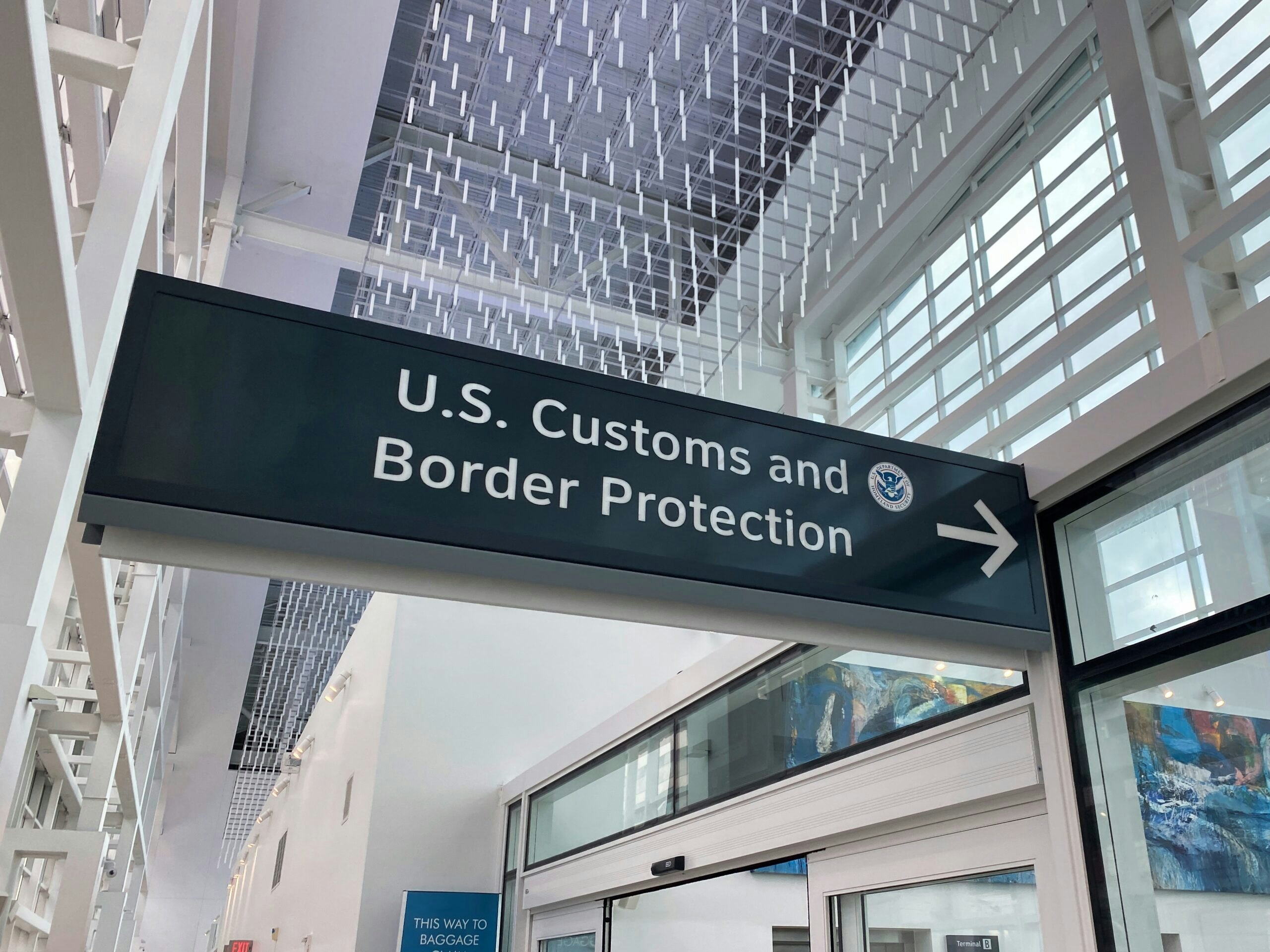As part of an ongoing series from the Wilson Center, the Bush Institute's Matthew Rooney shares how linking USMCA with CAFTA will contribute greatly to breaking the vicious cycle of poverty, rampant crime, and institutional weakness in Central America.
America’s engagement in international trade and global manufacturing supply chains is the cornerstone of the power and prosperity of the United States.
The rising chorus of voices arguing that a “go-it-alone” industrial policy will make the United States more secure and more prosperous have misunderstood this simple fact. On the contrary, attempting to decouple from international markets would make U.S. products less competitive, causing the United States to lose market share around the world, which would in turn shrink America’s economy and make Americans less wealthy.
Moreover, if the United States were to bring the entire supply chain to the United States, we would be taking jobs away from workers in Mexico, Central America and the Caribbean, not just China. Chinese workers may not be able to come to the United States in search of opportunity, but we have seen how quickly Central Americans, Mexicans and Caribbeans can make the journey when they are desperate to feed and protect their families.
A policy to strengthen the prosperity of the American people and secure U.S. borders acknowledges that North America is the cornerstone of our own industrial competitiveness. That is why we should double down on cooperation across North America. But beyond that, linking the United States-Mexico-Canada Agreement (USMCA) with the Central America-Dominican Republic Free Trade Agreement (CAFTA) will contribute greatly to breaking the vicious cycle of poverty, rampant crime and institutional weakness in the Central American region that is driving much of the recent irregular immigration to the United States.



























